2023-11-30发布于四川
Swipe left or right to switch languages
←左右滑动切换语言→
MIS is a community of exploration and openness, using open teaching methods and prioritizing the development of students' abilities. With the IB mindset, MIS students are knowledgeable and well-versed in communication and self-reflection, placing importance on their character development along with their academic pursuits. They approach learning with curiosity and a spirit of inquiry, following social etiquette and possessing the ability to collaborate with others. MIS students maintain individualized development in their learning processes, exploring the essence of things, reasoning, and substantiating arguments, and deepening their knowledge through various forms of discovery, investigation, and research methods. They apply their academic knowledge to practical situations; MIS students' learning process is a self-exploration and self-actualization process.
How do MISers learn and live?
Let's take a look at
the highlights of last week.
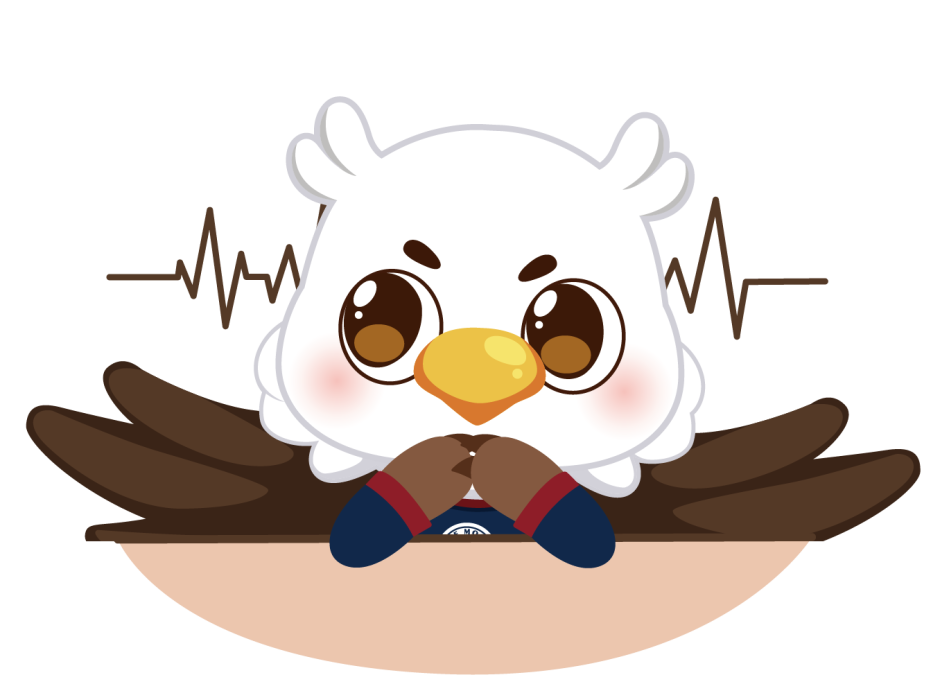
1
Addressed by the Principal from the MIS Weekly Midday Assembly
Date:November 20th
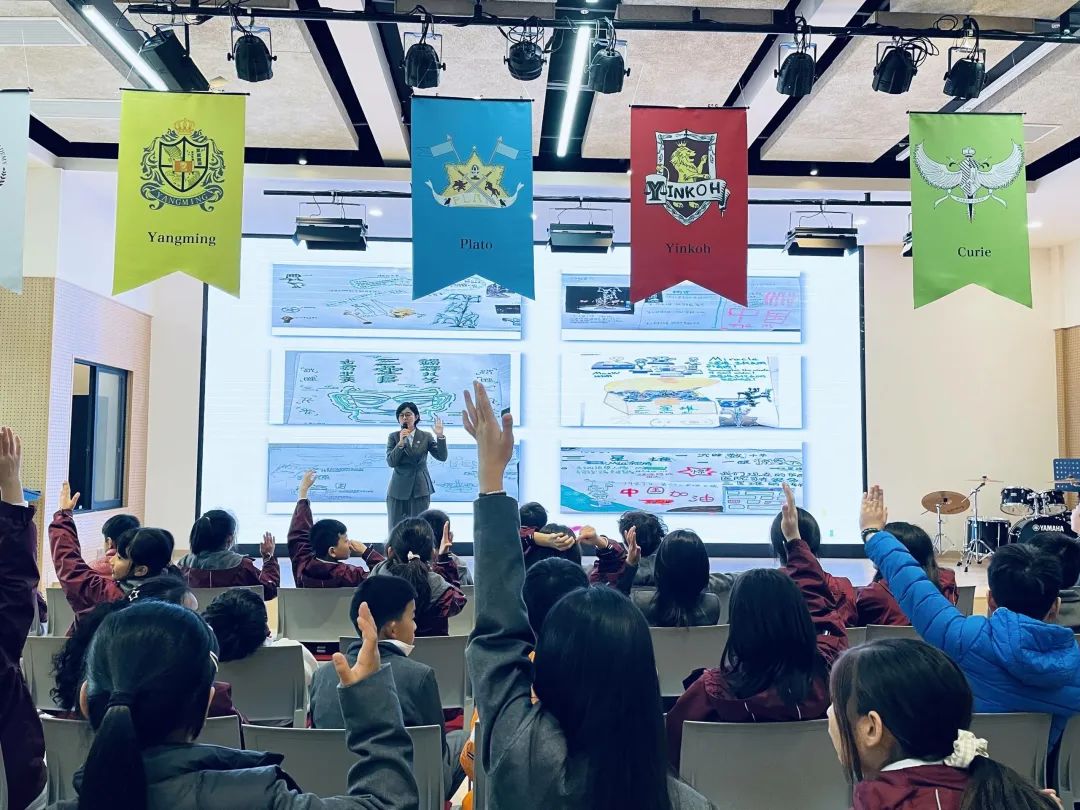
Message from Principal Ms. Hermione
Dear students, the significance of the field trip week is to enhance your practical ability and reflect on what you have learned in teamwork and social responsibility. I believe that courses on this research and exploration week for each student have brought a different degree of harvest. You visited the world's most advanced automobile production line and learned the history of the Sanxingdui and ancient Shu. In the Nature Museum, the evolution of the Earth's biological and animal evolution helped you learn the causes of environmental change on the Earth; in the Robotics Science Center, you saw the impact of science and technology on aerospace and human life; in the div of the high-speed train, you knew the safety testing of high-speed trains and the impact of science and technology on human transportation. We believe that there is an inevitable development and connection between history and the future, and also know the progress of the community where we are and the world.
I hope that you continue to maintain the curiosity and exploration of knowledge and be able to apply what you have learned to life and think about your future. The development of mankind is closely related to the efforts and contributions of everyone. And the knowledge we have learned will become our wealth. Congratulations on the successful completion of the field trip course, and thank you for drawing the posters of Sanxingdui and your teamwork spirit to help others in the process of the study. We look forward to learning how to realize project reports in groups and the group speech in future studies, and hope that your abilities can be enhanced in practice!

Message from Foreign
Academic Principal Dr. Rath
Dear students, as Thanksgiving Day is approaching, I would like to discuss with you the meaning of the word "Thanksgiving". I hope you can listen to Pushkin's story "The Fisherman and the Goldfish" with the following thoughts in mind: What kind of connections should we make with our parents, our friends, and those who have helped us in our lives? What situations between people can bring us closer to each other? What kind of approach do we need in this process?
In this story, the goldfish, tired of the fisherman's greed and ungratefulness, escapes and stops helping the fisherman to fulfill his wish. Let's explore the meaning of the story and I hope you will think about what’s wrong with the fisherman's behavior, why the goldfish eventually left him, and how the fisherman's greedy and ungrateful behavior affected relationships and friendships. Thankfulness is a feeling of appreciation and gratitude for others. What’s the significance of Thankfulness? When we are grateful for the kindness and efforts of others, we can build stronger friendships and receive more help and support. Of course, the people we should be most grateful for in this world are our parents, and the people who have helped us in our life, and in fact, sometimes the people who have made us experience failure, all of which are part of our growth.
I want to work with you to develop a plan of gratitude, such as writing thank you cards, saying "thank you", and showing appreciation for the good deeds of others. I encourage you to take an active role in thanking those around you, whether they are your family, friends, or teachers. I would also like you to keep a record of your gratitude experiences. As you look back and share your moments of thankfulness, I hope that you will realize the positive impact of gratitude and understand the importance of gratitude. And I hope that each of you will have a sense of gratitude, which will help you to build healthy relationships, character, and a sense of well-being.
2
MIS's Exploring curriculum subject teacher sharing
P1 UOI-PE Class
P2 UOI-Art Class
P3 UOI-Music Class
P4 IB-UOI Class
P5 UOI-French Class
P6 UOI-Dance Class
M1 Natural Science Class
M2 PE Class
Part.1
P1 PE Class
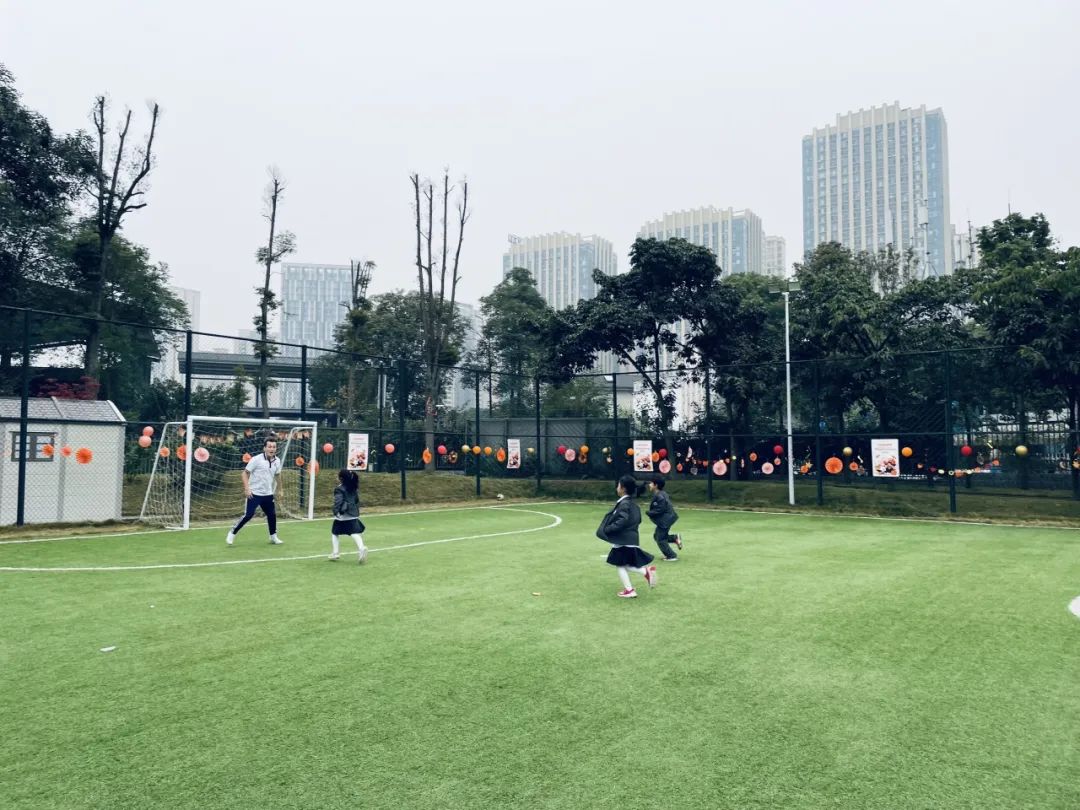
P1 students in this week trained the basic rules and basic technical movements of rugby. In PE students mastered the basic rules and basic technical movements of rugby and learned the basic rules of rugby, the correct way of movement and the way of body coordination. Students learned to understand their basic physical condition and sports performance through practice in the classroom, cultivating students' interests in ball games, teamwork ability and sense of collective honor, imagination and creativity. Students mastered the correct posture and power skills through learning to improve their coordination ability and sports performance. Also, it helps students to build self-confidence, increase their motivation to learn sports knowledge and participate in sports activities, and improve their ability to coordinate with their peers in group activities.
This week, P1 students have been practicing the basic rules and techniques of rugby in PE class. Through learning, they not only mastered the basic rules of rugby, but also learned the correct technical movements and body coordination methods to further improve their athletic ability and performance. In the process of practicing, the students gradually understood the basic condition of their bodies and their sports expressiveness, which would help them to better utilize their potentials in future sports.
Rugby, a team sport, requires close cooperation and synergy between players. This enables students to gradually improve their teamwork and sense of collective honor in practice. In addition, learning rugby develops students' imagination, creativity and other abilities, helping them to better realize their potential. At the same time, learning rugby helps students to build up their self-confidence in sports and increase their motivation to learn and participate in sports activities. In group activities, students learn how to coordinate with their peers, which is important for their future growth and development.
Part.2
UOI-Art Class

This week, P2 students had a special Thanksgiving celebration in art class. Through learning, they gained insight into the origins and significance of Thanksgiving. This ancient holiday reflects a sense of gratitude for life, appreciation for family and friends, and reverence for and contribution back to nature. To celebrate this holiday, students completed a meaningful task of writing down who and what they wanted to thank for. During this process, they not only honed their writing skills, but also received a deeper understanding of what is gratitude. They thanked their parents for raising them, their teachers for teaching them, and their friends for being there for them. Every word and sentence showed the children's sincere feelings. In addition, they used colorful paper cutting to create a turkey symbolizing Thanksgiving. In the process of making it, they not only exercised their hands-on skills and creative thinking, but also experienced the harmony and contrast of colors by choosing colors and layouts. They cut each piece of paper carefully and pasted them intently to create colorful turkey works full of childishness.
Through learning this part of knowledge, students not only better understood the meaning of Thanksgiving, but also gained in joy and grew in practice by specific practical tasks.
Part.3
P3 UOI-Music Class

This week, students began their first ukulele lesson of the semester, marking a new chapter in their musical journey. Not only does this provide them with an opportunity to engage with and learn a new instrument, but also allows them to take a step further on their journey of musical creativity.
From the beginning of this semester until now I have been impressed with the musical talents of the third graders. Not only do they demonstrate excellent skills in singing and playing their instruments, but they are also able to quickly grasp new concepts being taught. Besides, they are able to quickly understand music theory and apply it in a practical way.
It was because of their excellent performance in class that I got the idea to introduce them to the ukulele, an expressive instrument. Also, it is easy-to-learn for beginners. They started by learning the simple C major chord, the foundation of the introductory course. My original plan was to introduce just one chord this week; however, now they can play three chords on the ukulele: the C major chord, the a minor chord, and the F major chord! This is a great rate of progress. Due to the Thanksgiving theme this week, we ended the week's lessons with music. We listened, sang, and played three Thanksgiving children's songs together: 'Thanksgiving for Little Babies', 'Happy Thanksgiving', and 'Thanksgiving Feast', all of which enhanced the festive atmosphere and enabled them to experience the meaning of gratitude in music.
In addition, learning ukulele and Thanksgiving children's songs can bring positive psychological effects to students, as music can regulate emotions and relieve pressure so that it helps students release their inner emotions. In ukulele playing, they can feel the joy and excitement of music; while in singing Thanksgiving children's songs, they can feel the warmth and harmony of music. These positive emotional experiences will contribute to the improvement of students' mental health.
Part.4
P4 IB-UOI Class
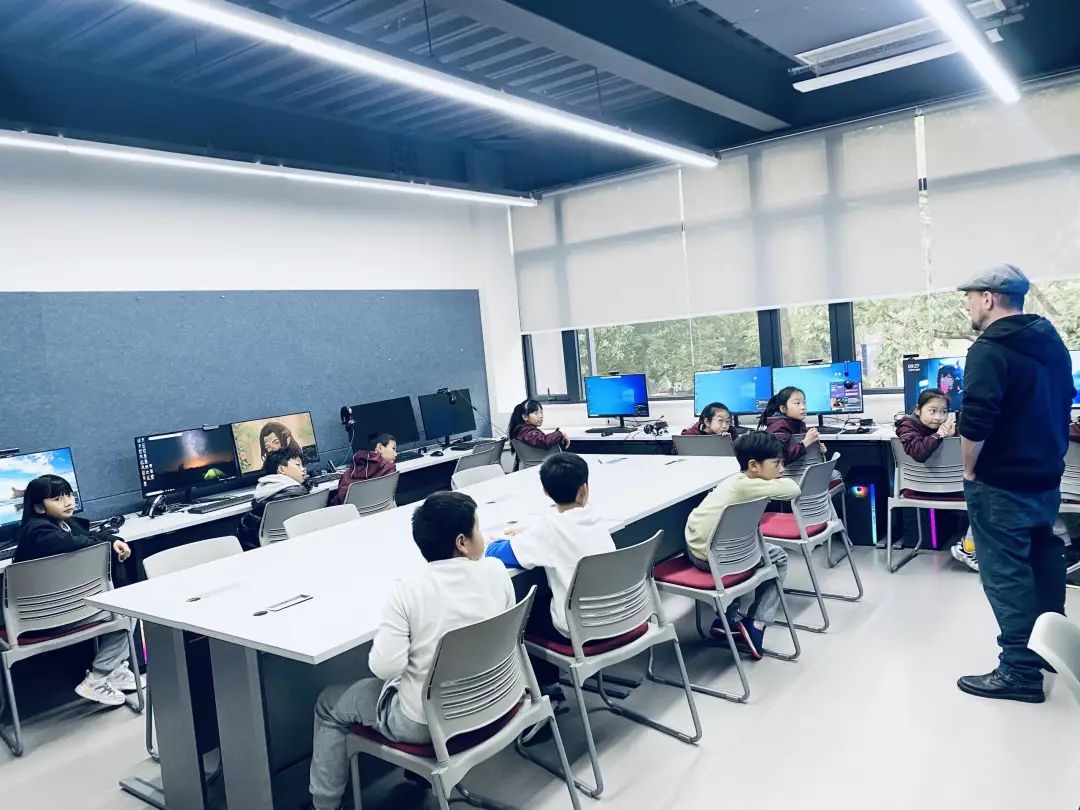
In P4’s lesson this week, we have been working on “Where we are in place and time”, with the initial stage being about generating ideas. At this stage, students were actively encouraged to explore and develop their unrestricted ideas. This phase not only promotes creativity, but also allows for the unlimited development of potential solutions. Ideas, the raw material for innovation, set the stage for subsequent steps.
Next, we moved on to the planning stage. In second phase, students delved into how to translate abstract concepts into concrete plans, which emphasized the importance of strategic thinking, feasibility analysis, and comprehensive planning. We guided students in refining their innovative ideas to ensure that they were not only creative, but also practical and feasible in the real world.
Finally, we came to the action phase. In third phase, students turned their ideas and plans into practical actions. They learned how to execute their plans, address challenges, and make real-time adjustments based on the real situation. This step underlines the dynamic nature of innovation and the significance of problem solving in the face of unexpected obstacles. Through these three steps, we understand the complete cycle of scientific and technological innovation. This stresses not only that innovation is the product of unconstrained imagination, but also that it is the result of a purposeful, problem-solving oriented research direction. Under teacher’s systematical guidance to finish these three basic steps, they are able to gain a full picture understanding of the innovation process.
Part.5
P5 UOI-French Class
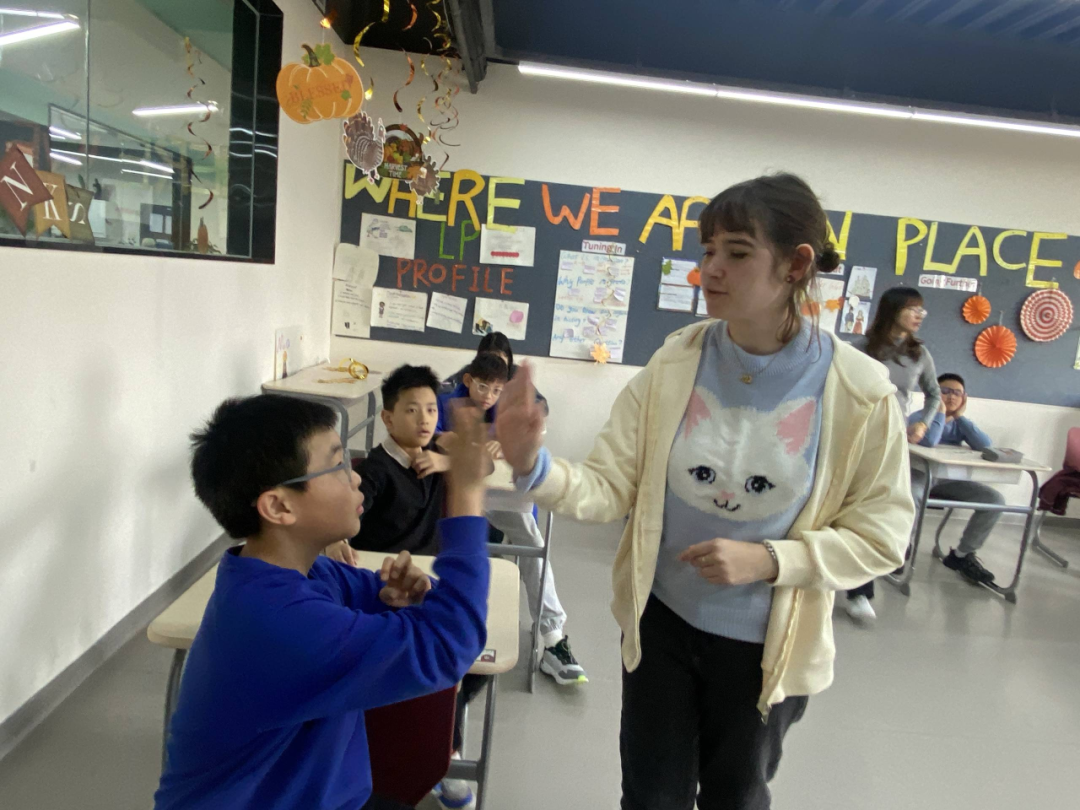
P5 students have shown great enthusiasm in this week's study. This week's topic was our different styles of music, including l'électro (electronic music), la pop (pop), le rap (rap), le rock (rock), le chanteur (male singer), and la chanteuse (female singer). It was a vibrant and creative theme that sparked a lot of interest among the students. The students mastered how to express their favorite or disliked genres of music in French in learning process. They used sentence patterns : J'aime... (I like...)and Je n'aime pas (I don't like...) to share their music preferences. For example, some students might say that "J'aime la pop”. (I like pop music), or "Je n'aime pas le rock” (I don't like rock music) .
Through learning this part, students not only better understood and appreciated different types of music, but also improved their ability to express themselves in French.
Part.6
P6 UOI-Dance Class
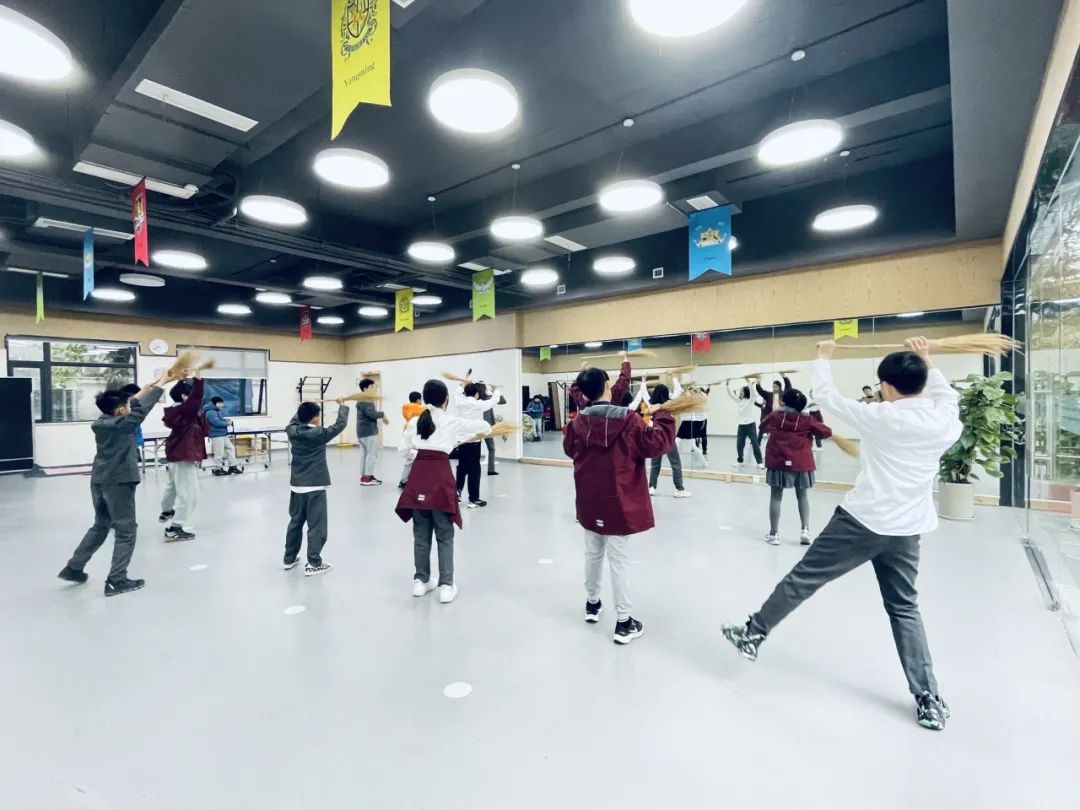
In the dance of P6, the focus of this phase is more on guiding the students to listen to the music in depth. With the teacher's careful guidance, P6 students had a richer and more varied control of the beats in their dances, and were no longer limited to simple, regular, single-type rhythms. They began to experiment with and master a variety of complex and varied rhythmic patterns.
As dance and music are inextricably linked, it is very important for children learning to dance to know how to listen to music. Because music is not just a mere beat and rhythm for them, it is a close companion to their movement language. In this phase of the class, the teacher focuses on guiding the children to learn to capture the emotion in the music, and hopes that they can express this emotion to the fullest through their movement language. After this stage of learning, most of the children have mastered a rich variety of rhythmic patterns, and they are able to use relaxing and flexible body movements to synchronize with the emotions of the music. This is a further enhancement of their understanding of the music and a great leap forward in their dance technique. However, there are still a few children showing poor mastery of basic rhythms. It is hoped that in the next stage, they will be able to make greater progress in this area through joint efforts and targeted coaching.
Part.7
M1 Natural Science Class

Students in M1 have been exposed to a lot of chemistry-related knowledge in their study of natural subjects. They have learned about laboratory behavior, how to classify substances, how to separate substances, and some basic methods of composition. They have also delved into the classification and properties of acids and bases. Next, they will learn more about the composition of matter: atoms and molecules, compounds and chemical reactions, and about chemical equations.
This week, our learning focuses on the composition of matter. Students will learn about the three states of matter, including solid, liquid, and gas. By looking at examples of ice, water, and steam, they will be able to more visually understand how these states change. A special software will also be used to simulate the behavioral patterns of microscopic particles, giving them a deeper understanding of chemical reactions. M1 students have shown great enthusiasm and active participation in their natural science lessons. They think carefully and ask questions bravely, showing their commitment and dedication to learning. This positive attitude towards learning is very encouraging and indicates their future progress in their learning journey.
Part.8
M2 PE Class
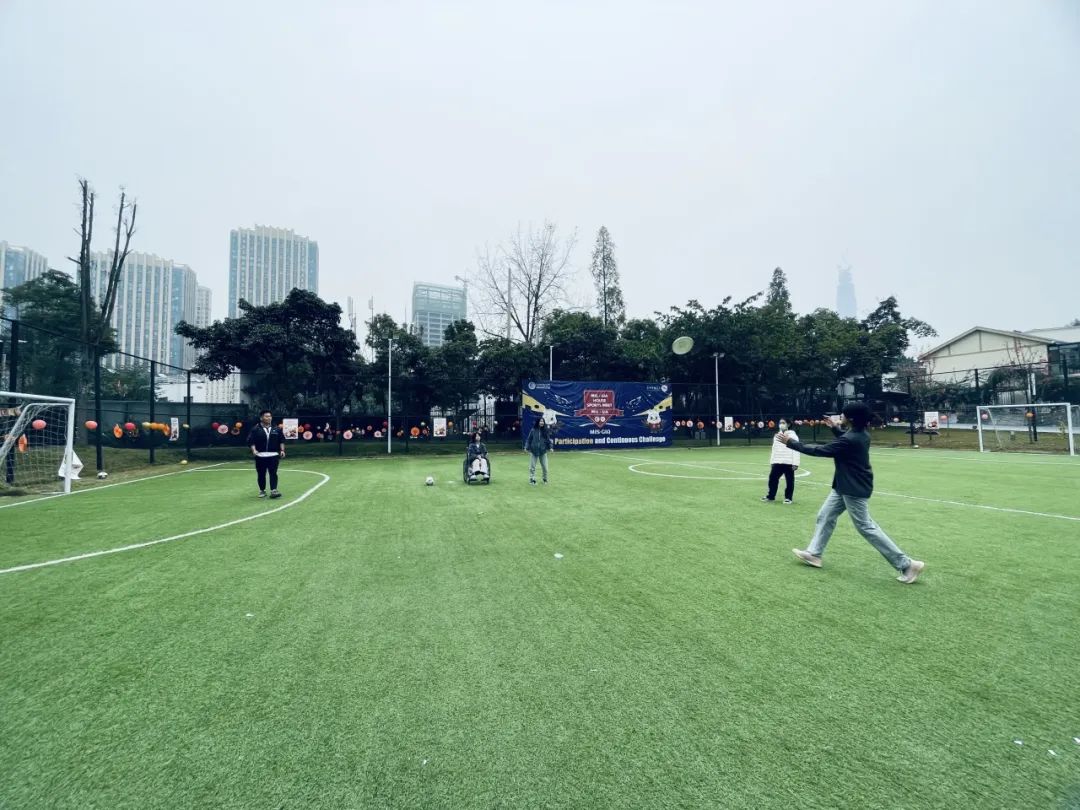
This week, M2 students were trained in the rules and technical movements of Frisbee in the Chinese PE class. Through learning, they not only gained a deep understanding of the rules of Frisbee, but also grasped the essentials of Frisbee's technical movements and learned how to use the rules correctly, perform the correct technical movements and work with their bodies.
During the classroom practice, the students gradually understood their basic physical condition and athletic expressiveness, which helped them to better utilize their strengths in future Frisbee competitions. At the same time, through learning Frisbee, students developed their hobby of Frisbee, teamwork ability and sense of collective honor.
As a group sport, Frisbee requires mutual trust and collaboration among players. This makes the students gradually improve their teamwork ability and sense of collective honor in practice. In a Frisbee game, each player needs to use his creativity to find the best offense and defense strategies. Through learning, students gradually mastered the correct posture and power technique, which helped to improve their coordination and athletic performance. At the same time, learning Frisbee also helps to build students' self-confidence and internal motivation to learn. Winning in a Frisbee competition can give students a sense of pride and confidence, which will motivate them to work harder to pursue their goals in their future studies and lives.
3
Review of last week's activities
Part.1
Monday Noon Assembly
Date:November 20th 12:10-12:40
Bilingual Hosted by Plato House Students
✅Review and Reflection on Last Week's Academic and Social Life
✅Summarize the Contents and Objectives of the Field Trip Week
✅Field Trip Students Creative Poster Presentation of Sanxingdui
✅Student Growth Theme-Thanksgiving
✅Notice on Thanksgiving Global Food Festival
✅Notice on Santa Claus Welcome Ceremony
✅Class Ranking in Double Week
✅Announcement of Star Classes and Experience Sharing

Part.2
Life Center Earthquake Drill (Night Drill)
Date:November 23rd, 20:00-20:20
MIS held a night earthquake drill at school, aiming to give our boarders and school staff a better understanding of how to protect themselves as well as escape and to improve their emergency response skills when an earthquake happens.

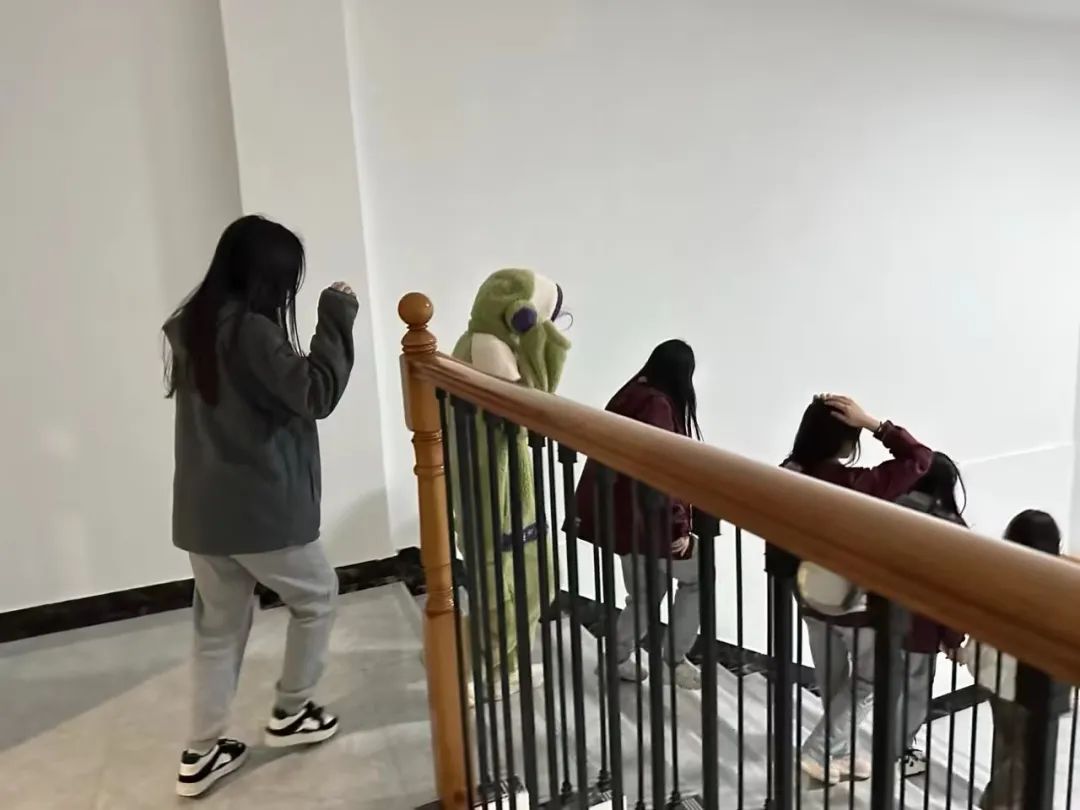
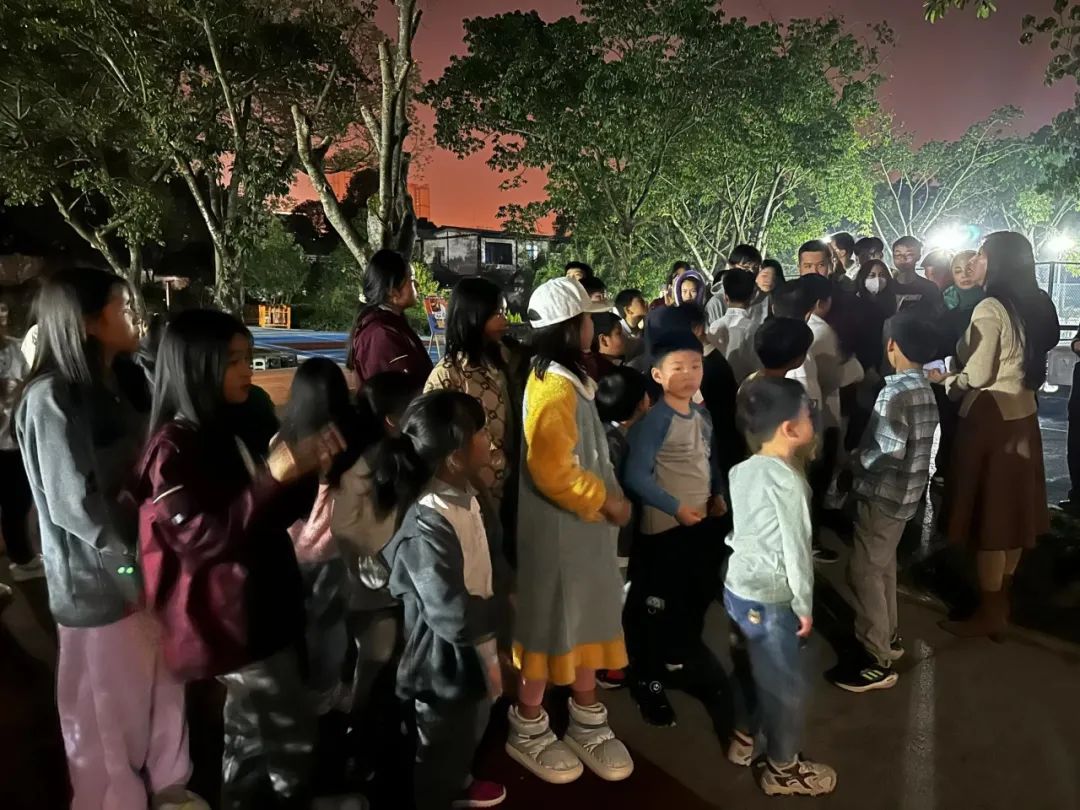
Part.3
AMC Training
This week's training times:
November 20th 18:30-19:30
November 21st 16:00-17:30
November 22nd 15:15-15:55
November 22nd 18:30-19:30
November 23rd 16:00-17:30


声明:本文内容为国际教育号作者发布,不代表国际教育网的观点和立场,本平台仅提供信息存储服务。
全国500所国际学校大全 / 3分钟匹配5-8所 / 1年名校升学备考托管服务





